Aaron Perry on obstacles to Black men's health in Wisconsin
Rebalanced-Life Wellness Association CEO Aaron Perry describes an array of chronic health problems among Black men around Wisconsin and the importance of trust in efforts to help address these issues.
By Nathan Denzin | Here & Now
November 8, 2023
VIDEO TRANSCRIPT
Aaron Perry:
Yeah, you know, we face from A to Z, we're everywhere in that. Hypertension, diabetes, heart disease, stroke. We're starting to see a lot of lung cancer and prostate cancer. These are some of the top issues that I'm constantly hearing about, and so what we try to do is we provide webinars where we bring in professionals to speak to things that men can do to improve their health. We put health literature inside the barber shop, and the reason we selected the barbershop, that's where men go. You know, guys are going to get their haircut at least once, twice, or three times a month. And having the information there in the barbershop at their disposal, it's a win-win. And my philosophy has always been, the barber's gonna help you look good, you're gonna come in my men's center we're gonna make you feel good. You know, and that's what we've tried to do.
Nathan Denzin:
So one of our first conversations where, I think I explained this whole thing poorly, [Laughing] but in one of our first conversations you had told me that there was a crisis in Black men's health.
Aaron Perry:
Absolutely.
Nathan Denzin:
Can you talk to that a little bit?
Aaron Perry:
Yeah, you know, when I look at the numbers, when I look at what's impacting Black men's health, when I started doing this work here in Madison and Dane County, the average age of death was 51 years of age for Black men. And if that's not a crisis, I don't know what it is. I know that we love to use the national average, which is around 67, but that is not the average age of death for our community. And so that's why it was important to me, for one, not to give guys that false impression that they're okay when they're not, and so we started just encountering men with all types of health challenges. The neat thing about being in a location where they trust and they respect, they were willing and open to hearing my feedback. But keep in mind, I'm a former cop. I came into the barbershop saying, "I want to help you get healthy." You know, that was not well received. It took me quite a few years. But what I did is I kept leaning into trust. I kept leaning into trust, I helped restore trust. And I helped guys understand that I am genuine when I say that I do care about Black men's health. And I just led by example, and the rest started to come along. I started earning their trust.
Editor’s note: If you have watched this or any other Wisconsin in Black & White report, please share your feed back in a survey at pbswisconsin.org/wibw-survey. Thank you.
 Passport
Passport




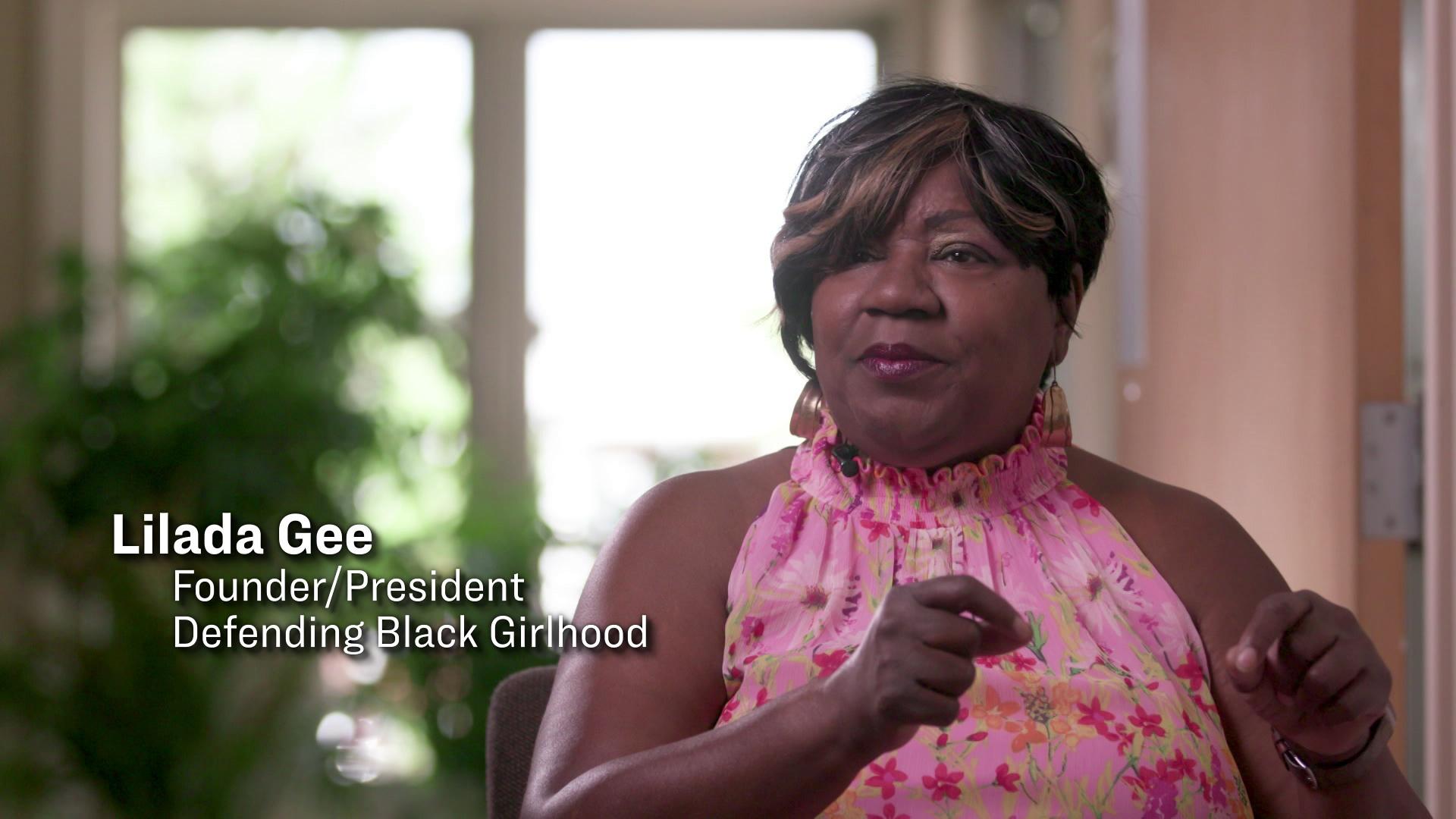
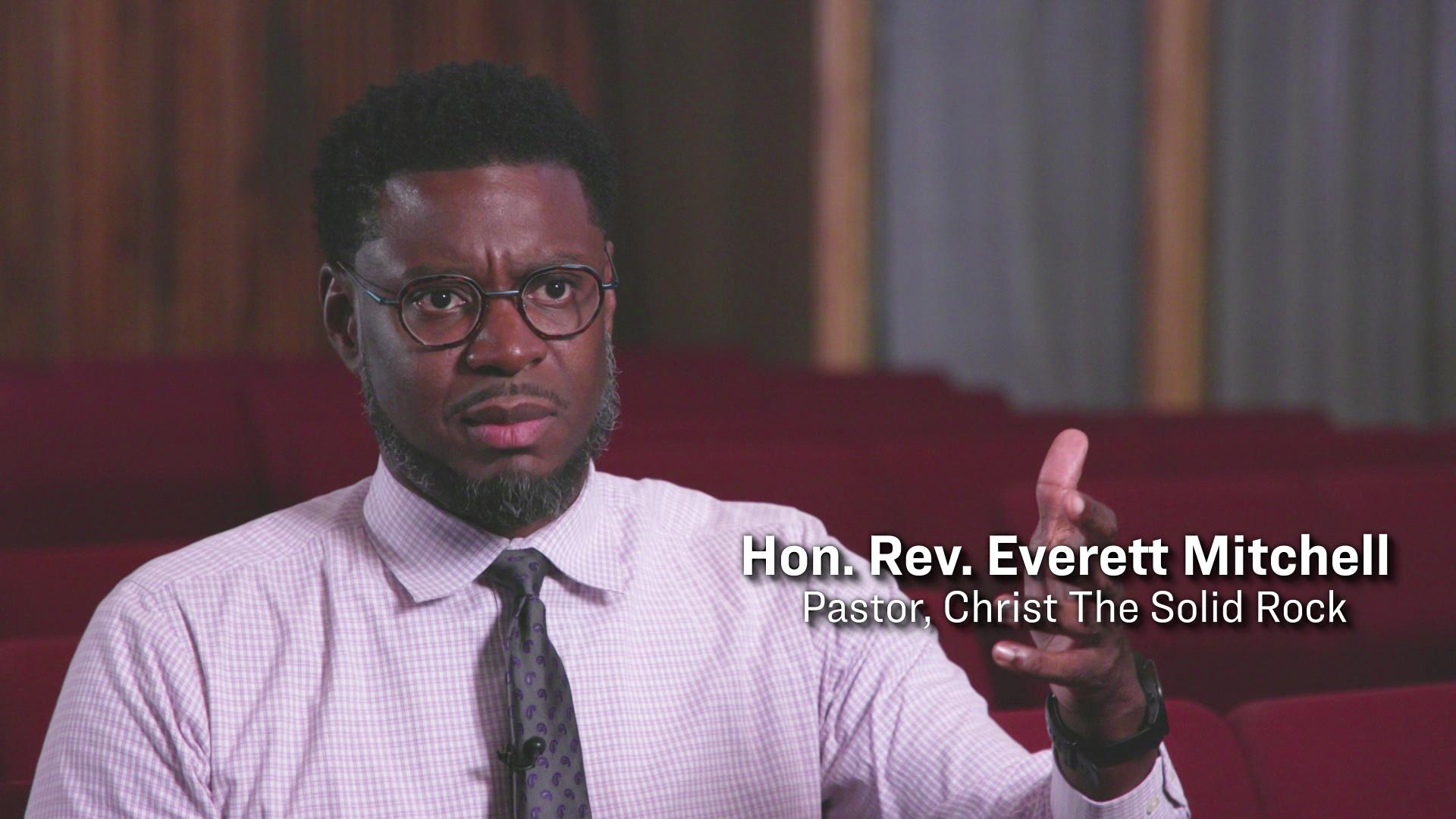
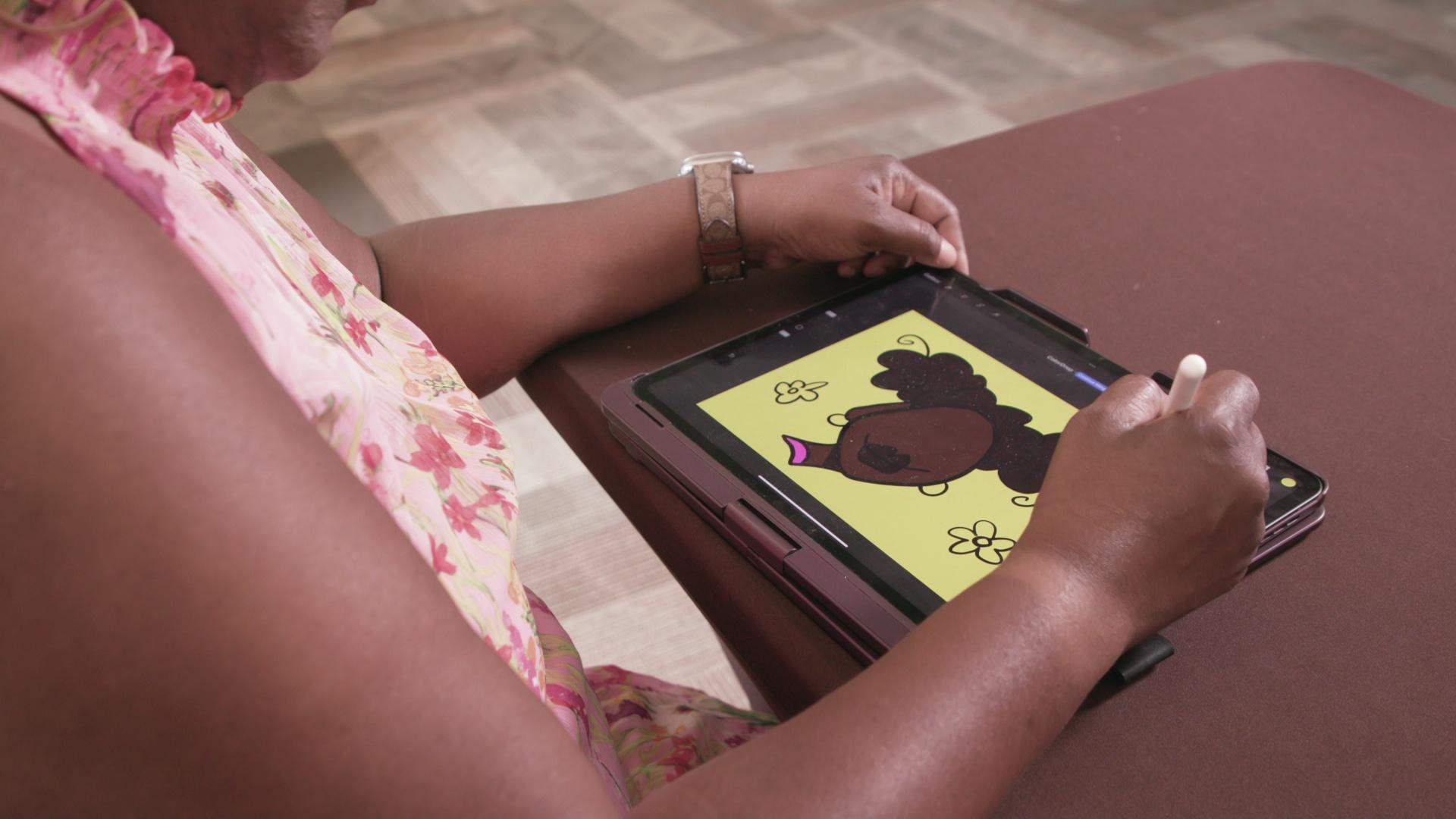
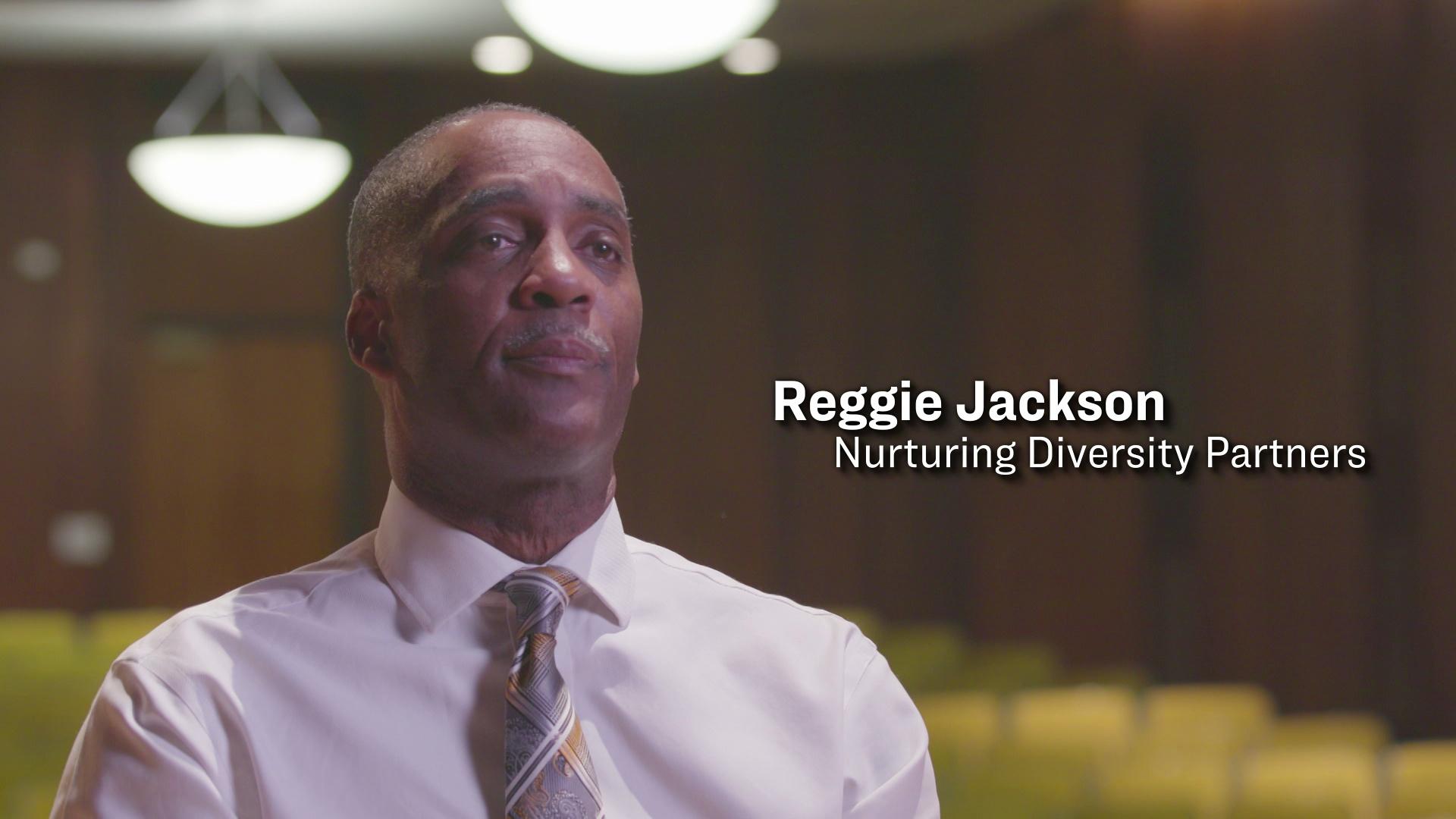
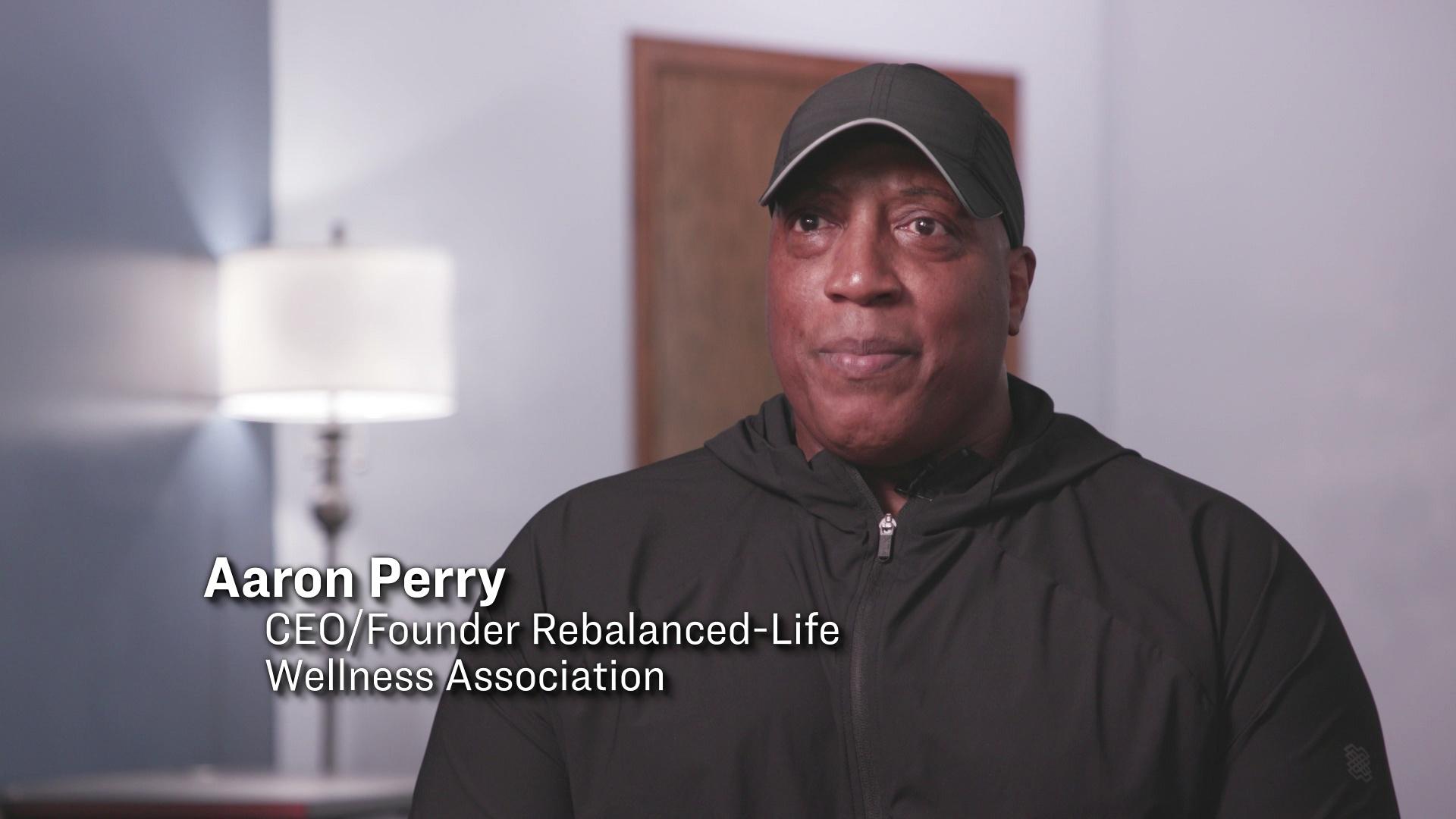
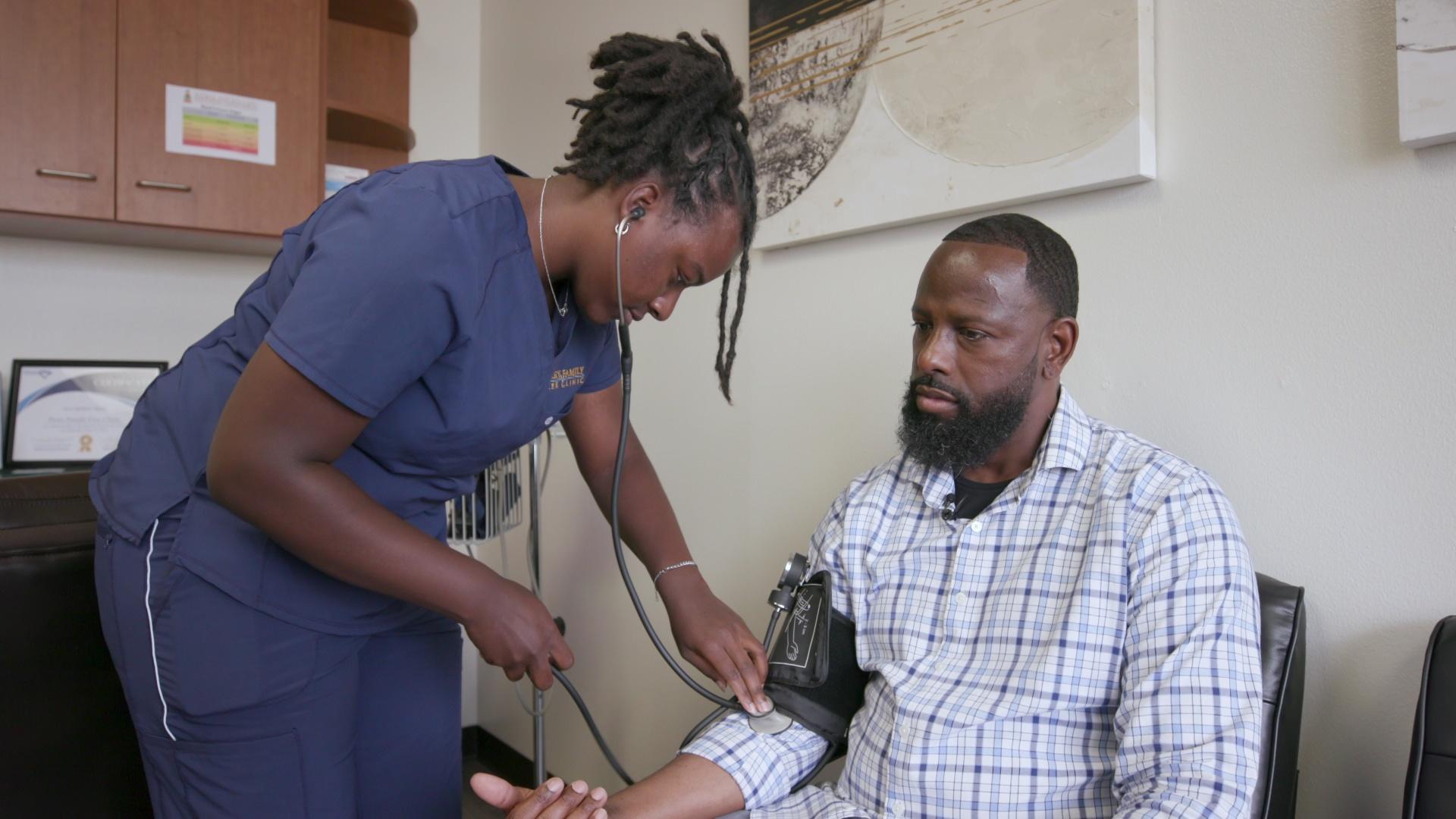

Follow Us